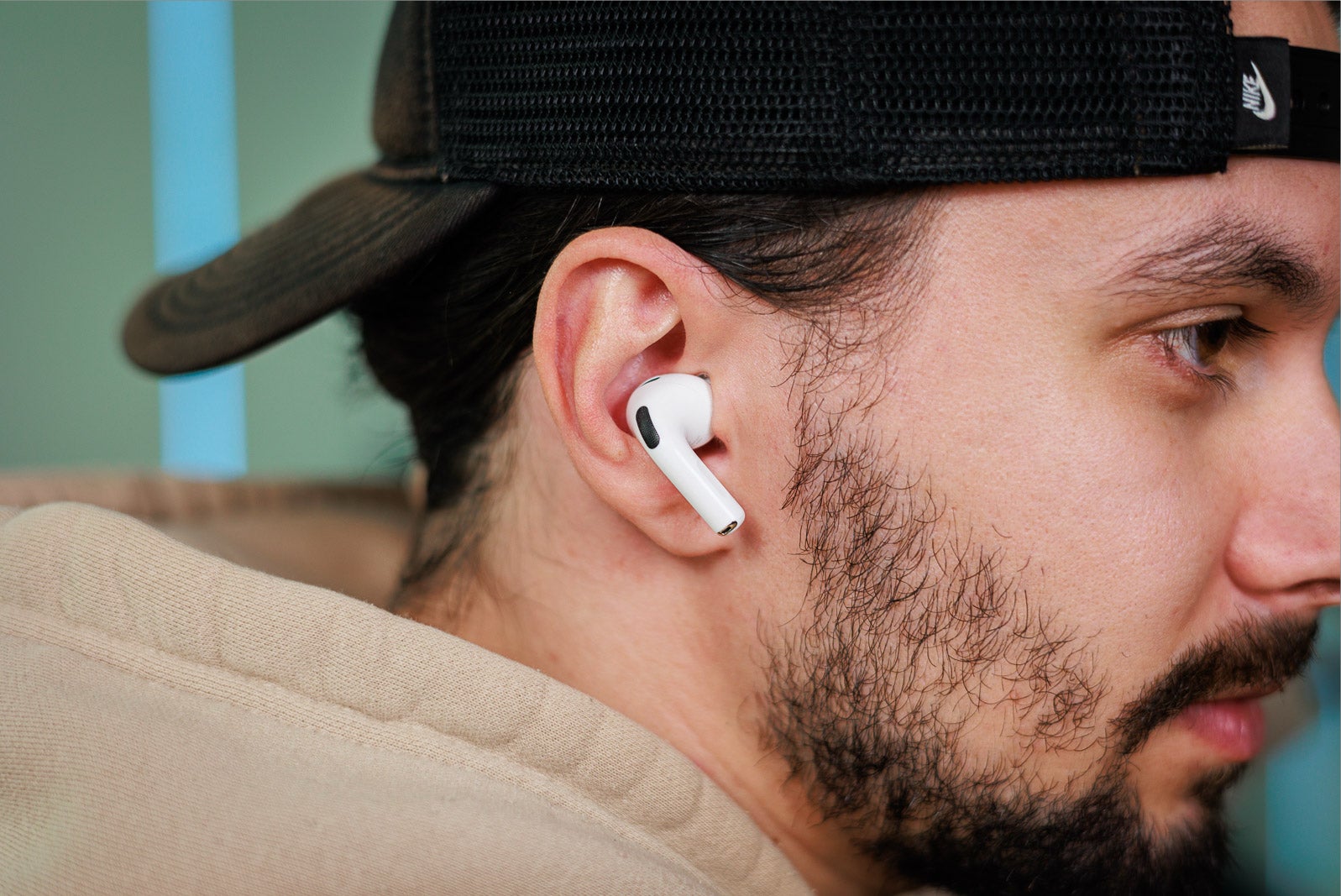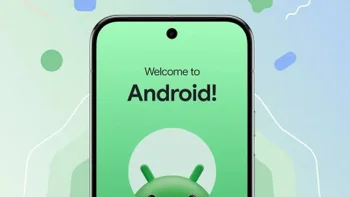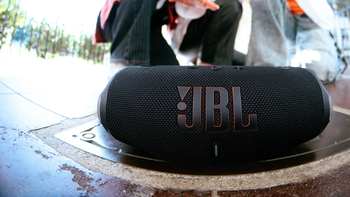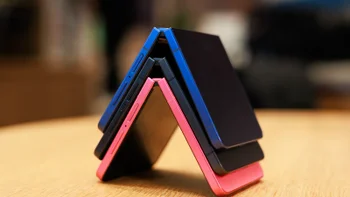Earbuds are getting smarter, but only Apple seems to understand how
New contextual awareness features in AirPods are leaving Pixel Buds and Galaxy Buds feeling a bit behind.
This article may contain personal views and opinion from the author.

Apple’s new sleep feature for AirPods, live now in iOS 26, isn't just a minor update. It’s a major signal that the definition of a "smart" earbud is fundamentally changing, and competitors are getting left behind in a big way.
What's new with AirPods in iOS 26?
For the last few years, the premium earbud war has been fought on a very predictable battlefield: Who has the best active noise cancellation (ANC)? Who has the punchiest, most accurate sound? And whose battery can last the longest? It’s been a technical race of specs, with each new model offering just a little more of the same.
The moment you're asleep, the AirPods can intelligently adjust their behavior—silencing all but the most critical, user-defined emergency notifications, for example, or managing volume levels if you've fallen asleep to a podcast. This is a massive leap from the manual controls we're used to. It's your earbuds actively monitoring your personal state and adapting their function to match.
Why this "smart" gap is a very big deal

AirPods Pro 3. | Image credit — PhoneArena
This is where the landscape gets rocky for the competition. Let's be crystal clear: Samsung's Galaxy Buds 2 Pro and Google's Pixel Buds Pro are, by all accounts, fantastic pieces of hardware. They sound amazing, their ANC is incredibly effective, and their integration with their respective Android ecosystems is tighter than ever. But this new Apple feature exposes their core limitation: they are almost entirely reactive.
Then there's Google, and this, to me, is the most baffling part of the whole situation. Google is, by its own definition, an "AI-first" company. Its Pixel Buds Pro are great, but their "smart" features feel almost superficial by comparison.
Adaptive Sound, which adjusts volume based on environmental noise, is a simple, reactive tweak. Live translation is powerful, but it's a tool you have to manually activate. Google has all the AI smarts in the world, yet its earbuds have no deep, personal context. They don't know if you're on a run, in a meeting, or falling asleep. This should be Google's home turf, and they're not even on the field.
This new AirPods feature highlights a growing gap in innovation. While everyone else is busy perfecting the hardware specs, Apple is building a platform for ambient, personal computing. It’s also a brilliant, frictionless health play.
By making sleep data collection more seamless and less obtrusive (no bulky watch required, if you're not a fan), Apple is lowering the barrier for millions of users to get real, actionable insights into their personal wellness.
Do you sometimes fall asleep with earbuds in?
Yes, all the time.
12.33%
Yes, sometimes.
13.7%
No, I don’t wear earbuds to bed.
73.97%
The earbud race just got real (and a lot more interesting)
I'll be blunt: the hearables space has been pretty boring for a couple of years. It’s just been a tit-for-tat spec race that's resulted in many great, but also very similar, products.
Apple's new feature aims to solve this. It's the kind of "it just works" magic that the company built its entire reputation on, and it's a direct challenge to Google and Samsung. The question is no longer "How good is your ANC?" The question is, "How smart is your software?" The next battleground isn't decibels; it's data, context, and anticipation.
Follow us on Google News













Things that are NOT allowed:
To help keep our community safe and free from spam, we apply temporary limits to newly created accounts: